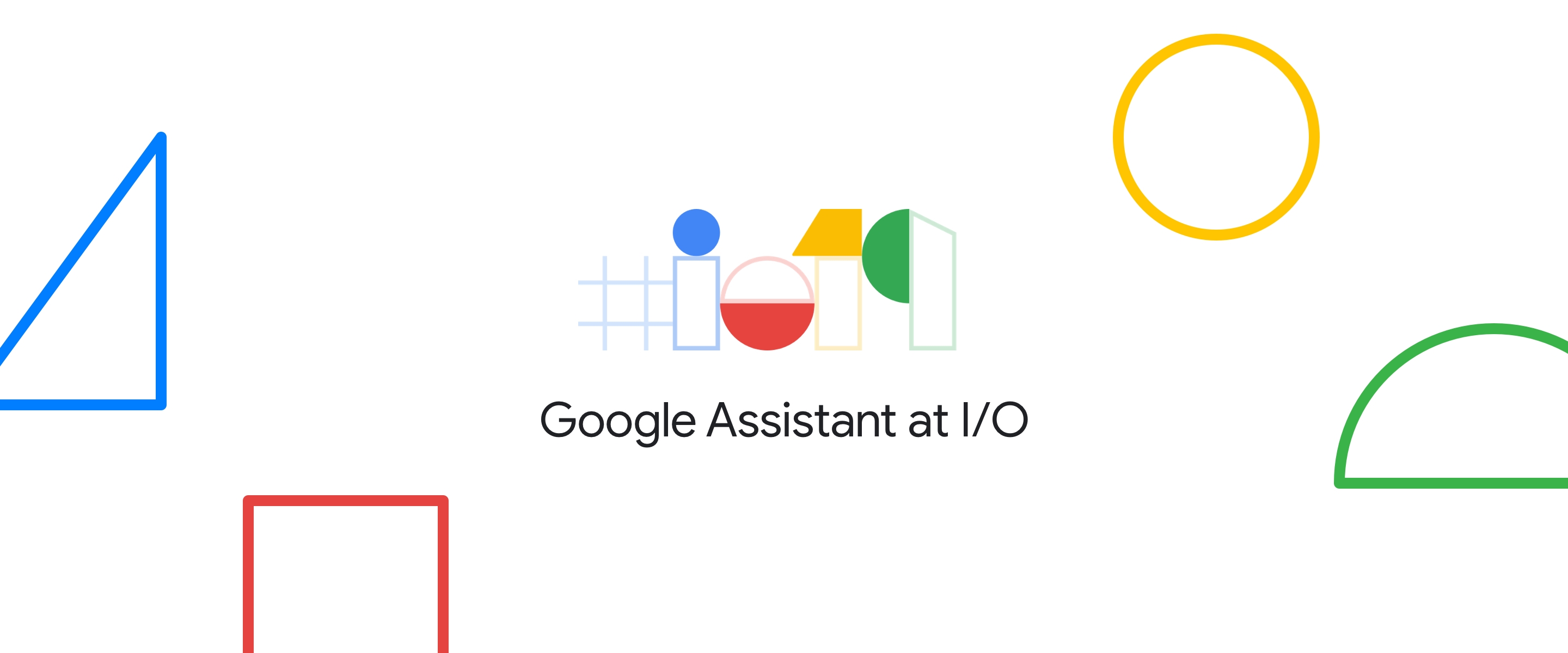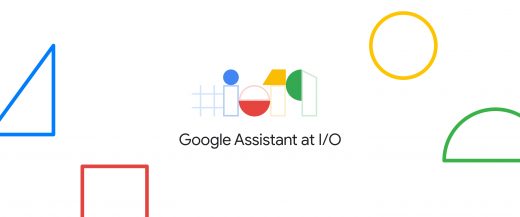Google I/O 2019 Key Takeaways for Marketers
— May 7, 2019
During the Google I/O 2019 keynote this morning, Google revealed advancements in augmented reality (A/R), voice search, Duplex along with better integrations with Google Assistant that could change the way you use your phone and smart assistants. These announcements can also end up having some major impacts on how we approach search marketing.
The big takeaway from the keynote is that Google is working hard on making using voice commands faster and more natural than ever. The demos during the keynote showed that they are working on making Google Assistant so fast and seamless that the tiny keyboard on your phone could end up being a thing of the past—or at least a thing you only use when you don’t want everybody to know what you are doing.
Here is a look at what Google announced at I/O today and the implications it could have for marketers.
A/R Will be the Next Big Thing for Search Marketing
Google started out the keynote by showing the crowd it’s A/R powered app to help attendees navigate the Google I/O event at the massive Shoreline Amphitheater in Mountain View. I’m sure that everyone was happy to see how easy the A/R app makes it to find snacks and drinks, but the real news is Google’s goal is to help people “navigate and explore the whole world” by integrating A/R and image search across all of its apps.
First, Google revealed its new “View in 3D” search functionality that allows you to place images of things you are searching for into your own world. In the demo, they showed a 3D image of a New Balance tennis shoe in the search results that they then placed right next to a shopper’s outfit that they have laying on their bed. This could be easily expanded into any product or service, say, how a sofa looks in your living room, or a home improvement company showing you how fixtures would look in your bathroom or a paint color looks on your wall.
This could open up a whole new (and potentially complicated) world for marketers, as the service requires partnering with Google and likely 3-D capture any item that you want to use with the View in 3D service. However, it’s something that I could easily see consumers demanding to help bring online shopping into their virtual living rooms.
This also opens the door to all kinds of interactive content. The example they showed was pointing your camera at a recipe in Bon Appetit, and the page comes alive and shows you a video of how to prepare the dish. Google specifically said they would be working with retailers to bring unique visual experiences to customers, so this is not just a feature for magazine publishers. Imagine using this in a blog post with a product demo or in a new generation of interactive paid search ads! I can definitely see this changing the way we approach content marketing, as we will have to begin to think about how and when we should introduce interactive experiences that bring our products and services into the consumers’ world. All I know is that it could end up making blog posts and print ads a lot more interesting—and complex.
Google Lens Takes Image Search to the Next Level
On the image search front is much-improved integration of Google Lens. Previously, Lens was a “just for kicks” kind of app that you could point at stuff and (sometimes) get some search results for what you saw. My experience was that it was wonky and kind of a pain to navigate to Lens only to find that it returned results for Game of Thrones when I was trying to find out if the flower I was looking at was a bearded lily or a snapdragon.
Now, Lens will be built into Assistant, Google Photos, and the camera on many Android devices. No more separate app. Their idea is that Lens will essentially “index the physical world like Google Search indexed the digital world.” One really cool and potentially super-annoying feature is that you can point your camera at a restaurant menu, and Lens will highlight all of the most popular dishes. You can also tap on a highlighted dish to see what it looks like and get reviews.
While the last thing we need is more phone use in restaurants, you can also point your camera at the check and Google will help you calculate the tip and split up the check! For someone as math-challenged as myself, this is absolutely revolutionary. But as a marketer, all this makes me ask “how the hell will we optimize search for images and Lens??” Hopefully, it is just a matter of carefully tagging photos and utilizing even more carefully detailed alt-descriptions, but Google’s manual for marketers on this one has yet to hit the streets.
News Will Have a Bigger Presence in Search Results
Google will soon be bringing its “Full Coverage” news tool to its main search platform. Relevant news stories could appear first in the feed (potentially before your paid search results) and allows users to easily click into Full Coverage to see only news stories related to their search. Coming later this year, this could have big implications for marketers and PR departments. This can end up boosting the importance of earned media if users could have news be the first search results that they see.
While this at first might seem like a freebie, your PR agency and media director probably don’t work for free and “creating” news when there really isn’t any is tough as most media outlets are a lot more sensitive about publishing vendor and brand stories than they used to be. It can also be a nightmare if your company recently had some negative coverage, and this will make PR crisis management even more critical than it is today if news ends up at the top of more search results than it does today.
Google Duplex Expands Beyond Dinner
Google is known for taking small steps and turning them into huge developments (see Lens above) and now it’s Duplex’s turn. For Google, Duplex is an exercise on training AI to accomplish simple but familiar tasks to save people time. It is now taking the resturaunt reservation assistant and extending to tasks on the web with what it’s calling “Duplex on the Web” like rental car reservations and movie tickets.
Their demo showed asking Assistant “make a car reservation for my next trip” and it automatically opens the rental car website and fills out the forms using trip information from your calendar along with other stored information. Of course, it gives you control over the flow and with opportunities to make changes so you don’t end up getting a Suburban when you needed a scooter. What it does do is turns tedious form fills to a simple process that just takes a couple of taps. This can drastically increase conversion rates for businesses (and marketers). The best part is that it is not a custom integration, and it takes no action on the part of the business for this to work. I can’t help but imagine that it will take some tweaking of your forms and shopping carts to optimize the UX, though. Duplex on the Web will be slowly rolling out this year while they gather feedback from users and businesses to improve the service.
Next Generation of Google Assistant: Say Goodbye to your Keyboard

Will tapping the keyboard to search soon be a thing of the past? The advancements of Google Assistant that were demonstrated at I/O show that Google sees voice not only as the future of search, but how we interact with our devices as a whole.
Google is going to make Assistant much faster by moving NLP models onto the device to eliminate latency, basically moving the AI onto the phone and out of the cloud to process and understand requests in real time. They claim that doing it this way will make interacting with your device via voice will be 10x faster than it is now, and the live demo sure looked promising.
You will be able to make several requests in a row without saying “Hey Google” or experiencing any lag. This will make it simple to get stuff done across multiple apps using only your voice to navigate your phone, compose messages, send emails, make calls, and search for information without a single tap of the screen. Being able to complete complex actions seamlessly in real time will make it easier and more natural to integrate search into more everyday tasks. It will also make it more critical than ever that your marketing content is optimized to return results for voice search.
The big takeaway for marketers is that—surprise—we all have to keep a close eye on what Google is up to as its advancements can change the way we approach marketing in a matter of months, and this big move to voice and A/R needs to be on our radars.
Digital & Social Articles on Business 2 Community
(34)


